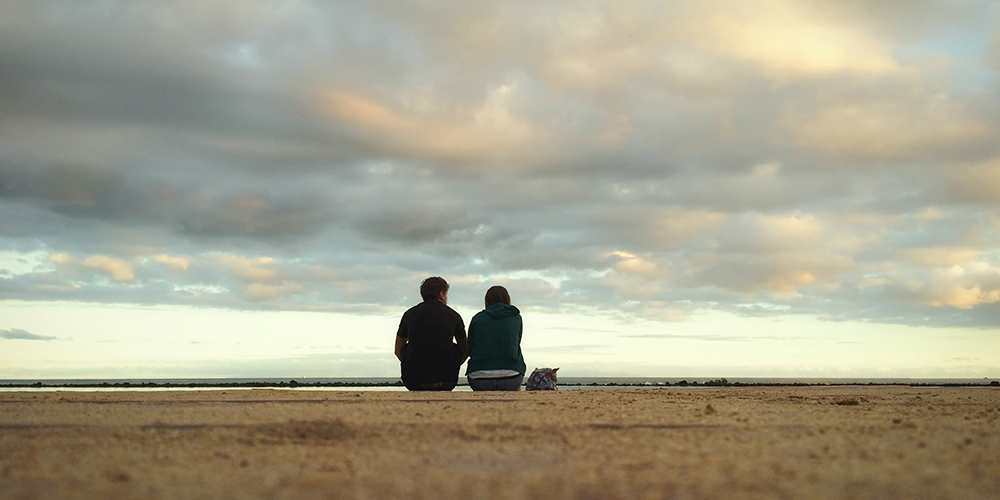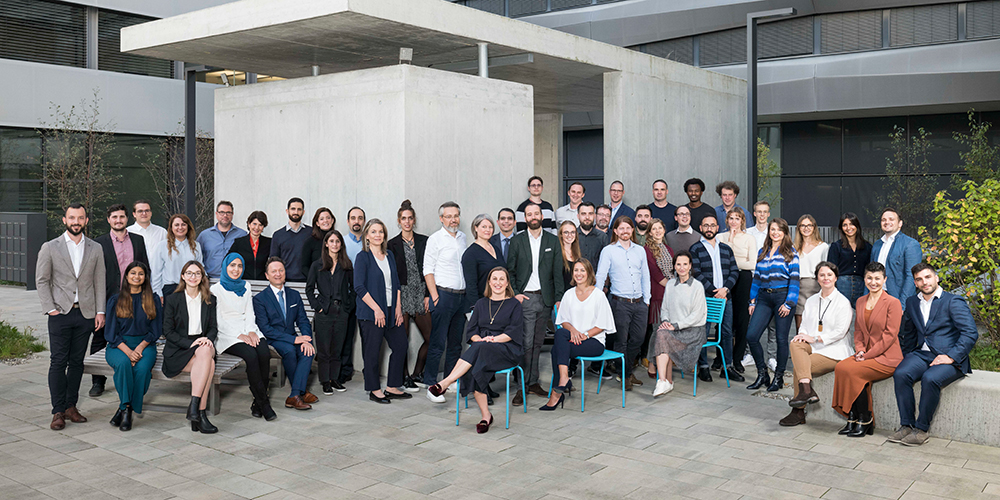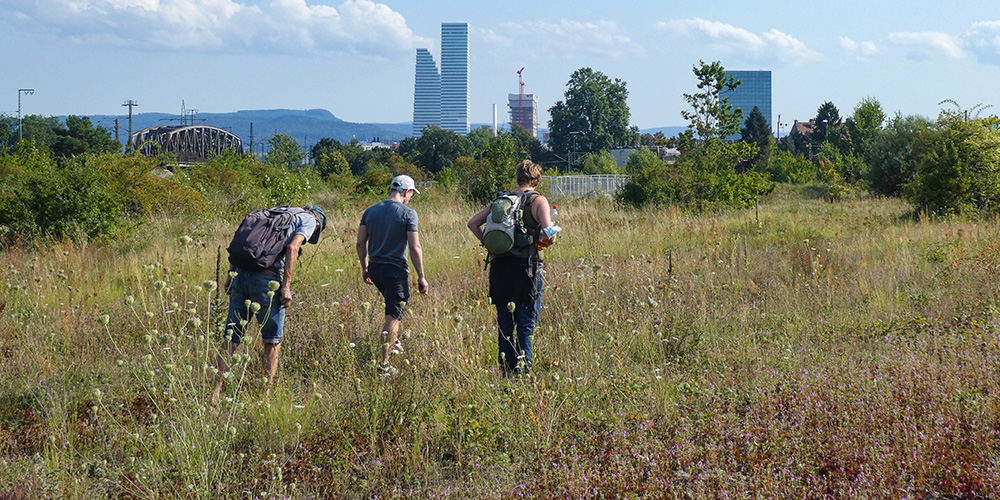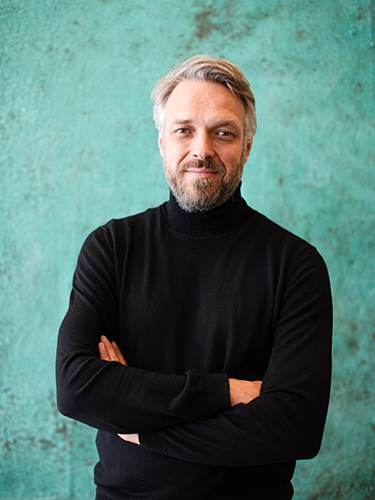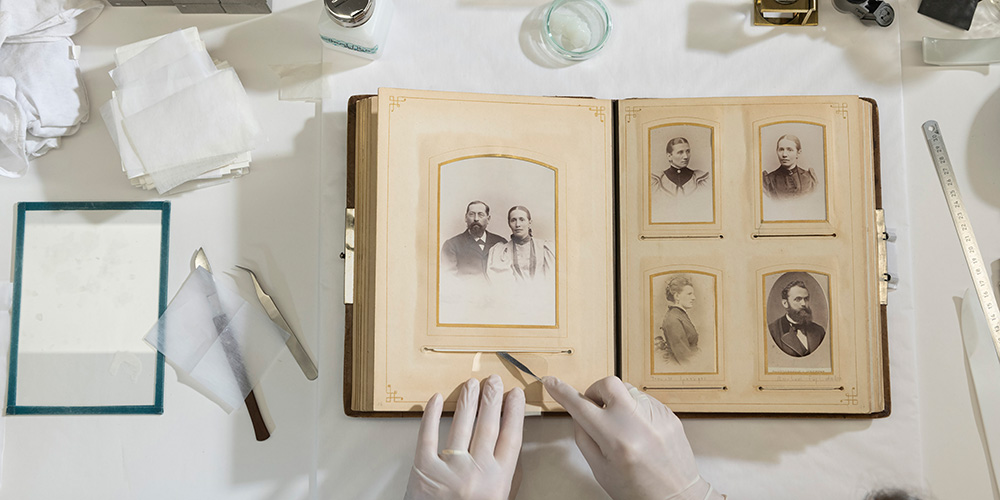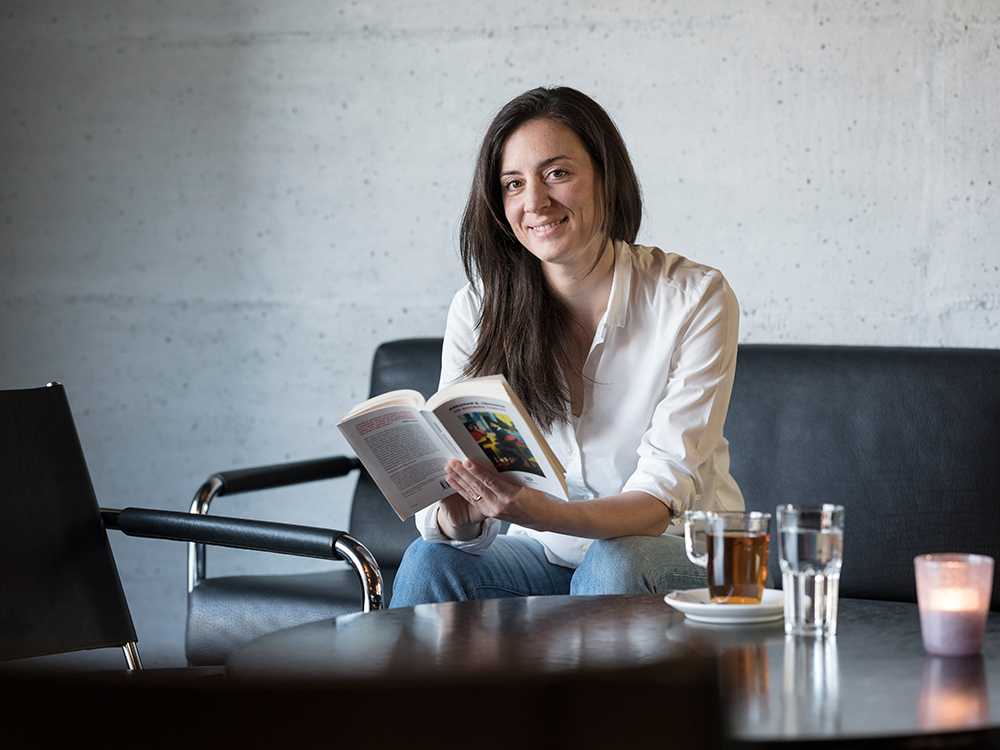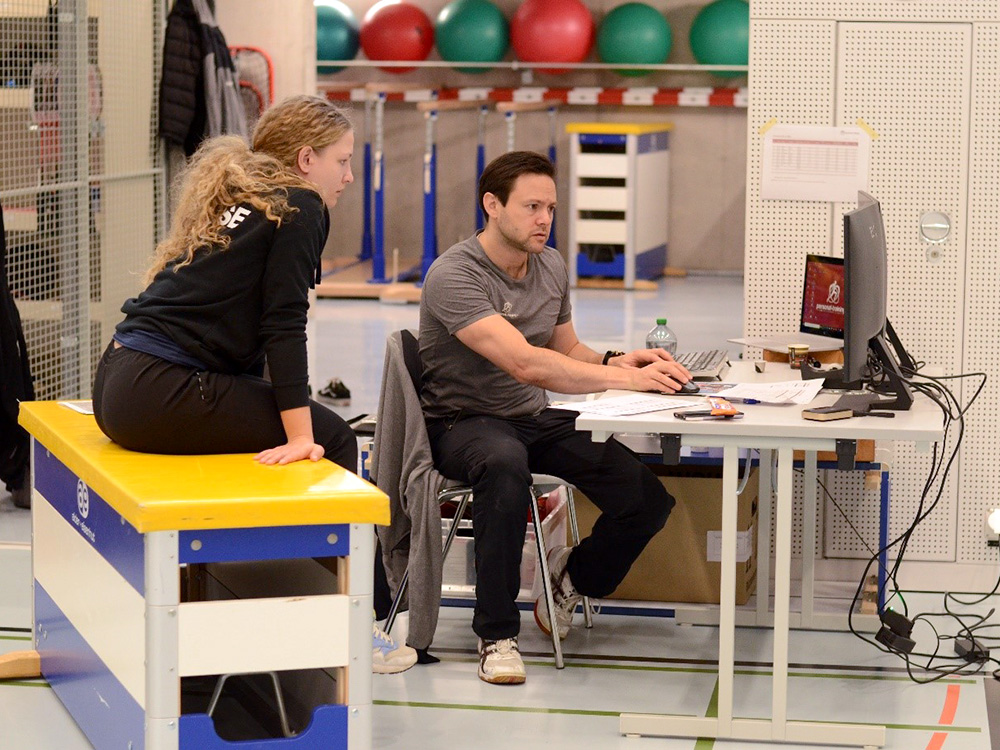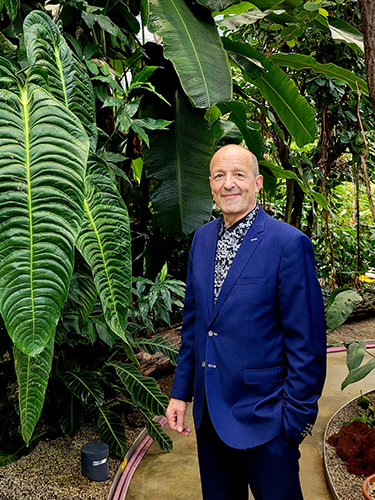Cancer. (01/2023)
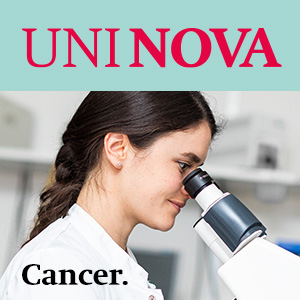
When life is turned upside down by a diagnosis. A dossier on living and dealing with cancer as well as projects aimed to improve treatment options.
Subscribe to our newsletter-
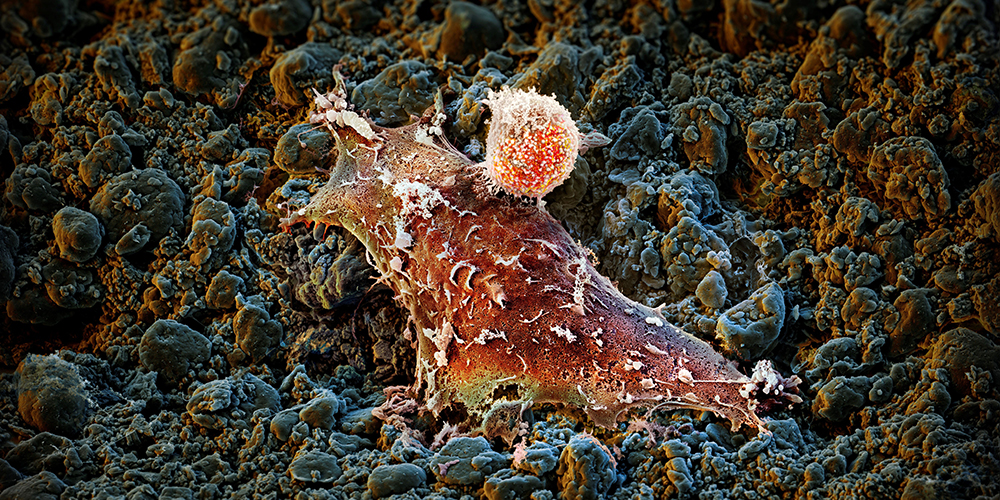 Dossier
DossierTherapy 2.0.
Text: Yvonne Vahlensieck / For some tumors, immunotherapy is an excellent treatment option, and for others, it is not as effective. Basel researchers are working on ways to make all cancer cells vulnerable to attack.
-
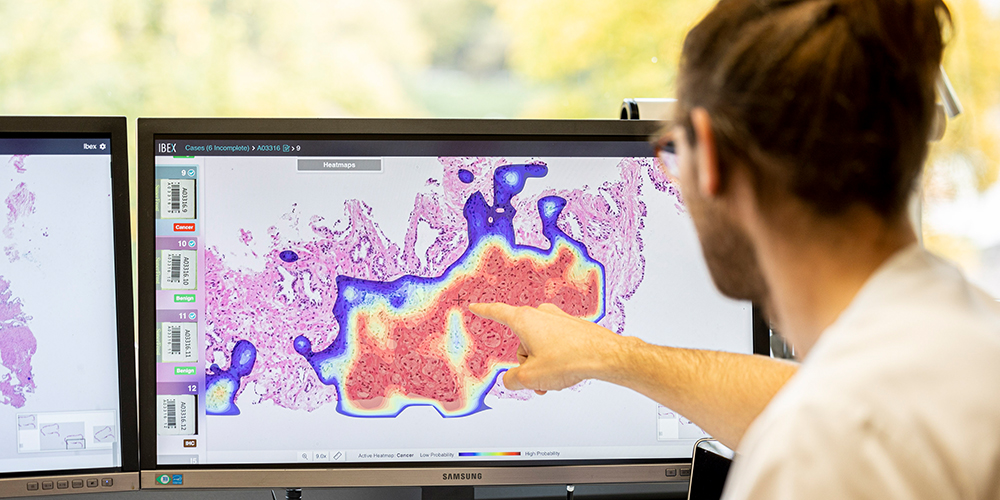 Dossier
DossierCalculated risks.
Text: Ori Schipper / Artificial intelligence can help to predict the risk of breast cancer recurring or detect malignant cells in tissue samples. Learning machines as assistants in medical decision-making.
-
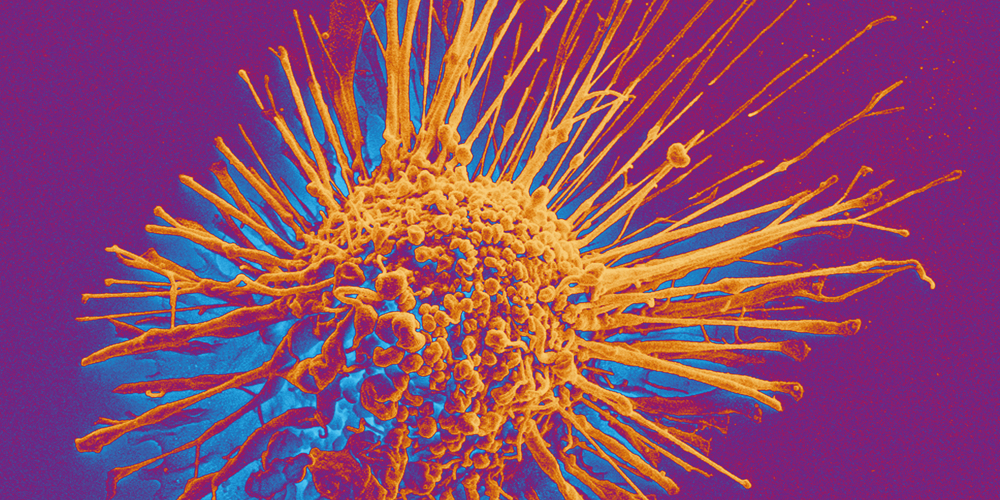 Dossier
DossierKeeping metastases in check.
Text: Andreas Lorenz-Meyer / When cancer metastasizes, the prognosis gets worse. Basic research reveals ways to prevent metastasis.
-
 Dossier
DossierClose your eyes and just dance.
Text: Anika Zielenski / Can sports and movement prevent cancer? Or support treatment? If so, then why? Five facts from the fields of sports medicine and basic research.
-
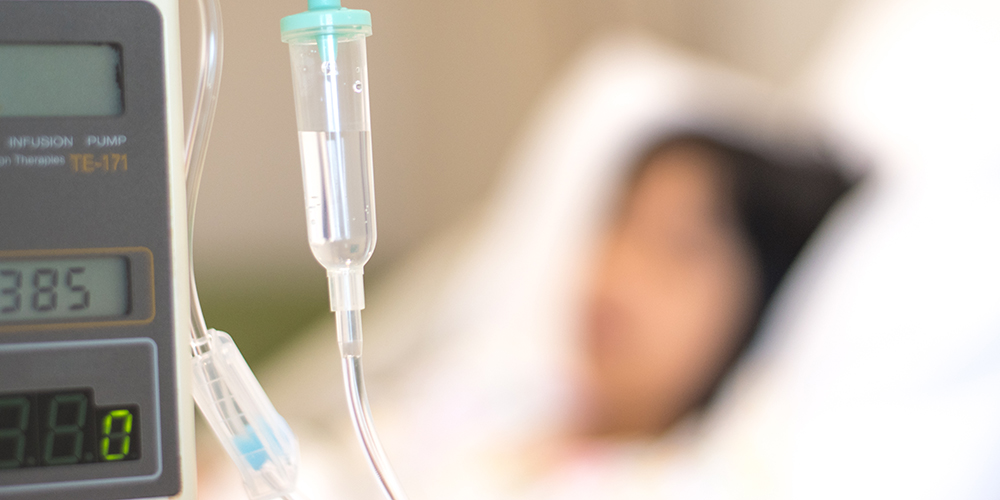 Dossier
DossierCultural diversity on the cancer ward.
Text: Samanta Siegfried / Our cultural background shapes how we deal with illness and death. Two medical ethicists from Basel are studying how cultural differences manifest when children of migrant families have cancer.
-
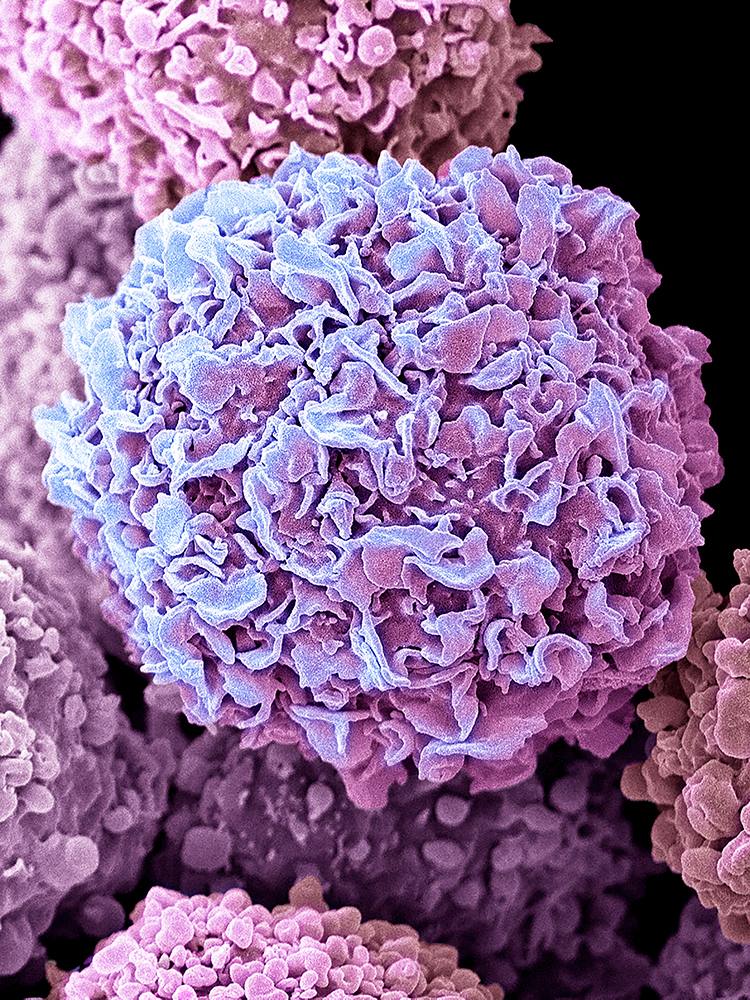 Dossier
DossierDangerous, dormant cells.
Text: Andreas Lorenz-Meyer / In some forms of cancer, such as breast cancer, cells from the primary tumor can migrate to other tissues, where they enter a state of dormancy. This dormancy can be quite deceptive, because the “sleeper” cells are capable of evading cancer treatment, after which they may wake up again at any time and resume their growth.
-
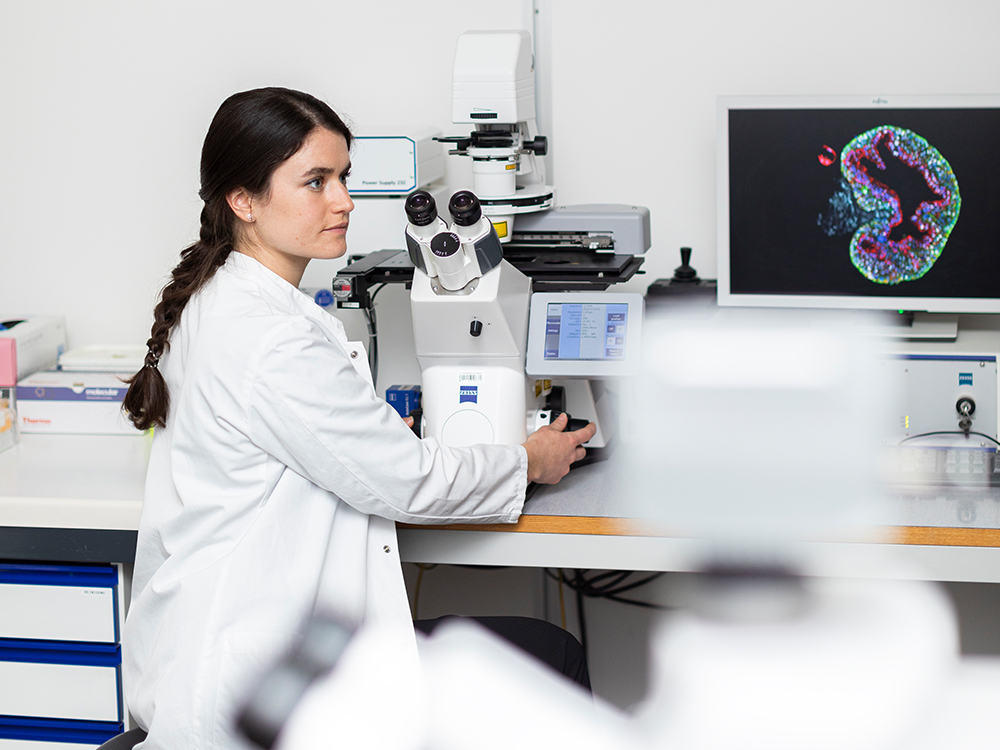 Dossier
DossierTesting cancer treatments on mini-tumors.
Text: Catherine Weyer / Raphaëlle Servant creates tumors in miniature. The doctoral researcher wants to use these organoids to make personalized cancer therapy possible.
-
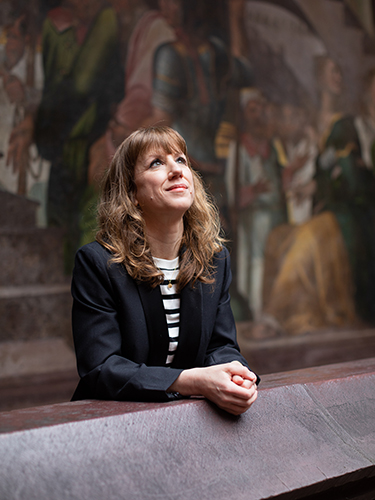 In conversation
In conversationPolarized parties, divided nation?
Interview: Urs Hafner / Mobilizing voters is vital for political parties. Topical issues have a greater influence on election results, however, according to political scientist Denise Traber.
-
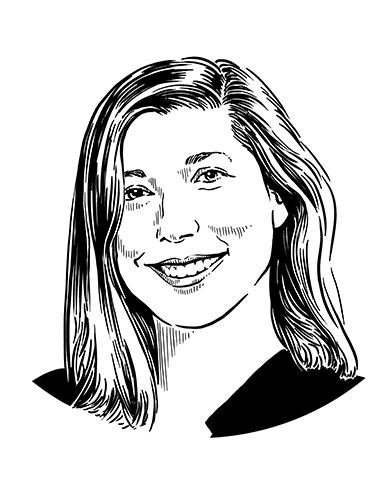 Opinion
OpinionRefuting the myth of neutral technology.
Text: Bianca Prietl / Artificial intelligence is meant to produce objective truths free of human error. Yet cases of algorithmic discrimination give the lie to this promise time and again. How can we imagine technoscientific futures without holding onto the hope of technological neutrality?
-
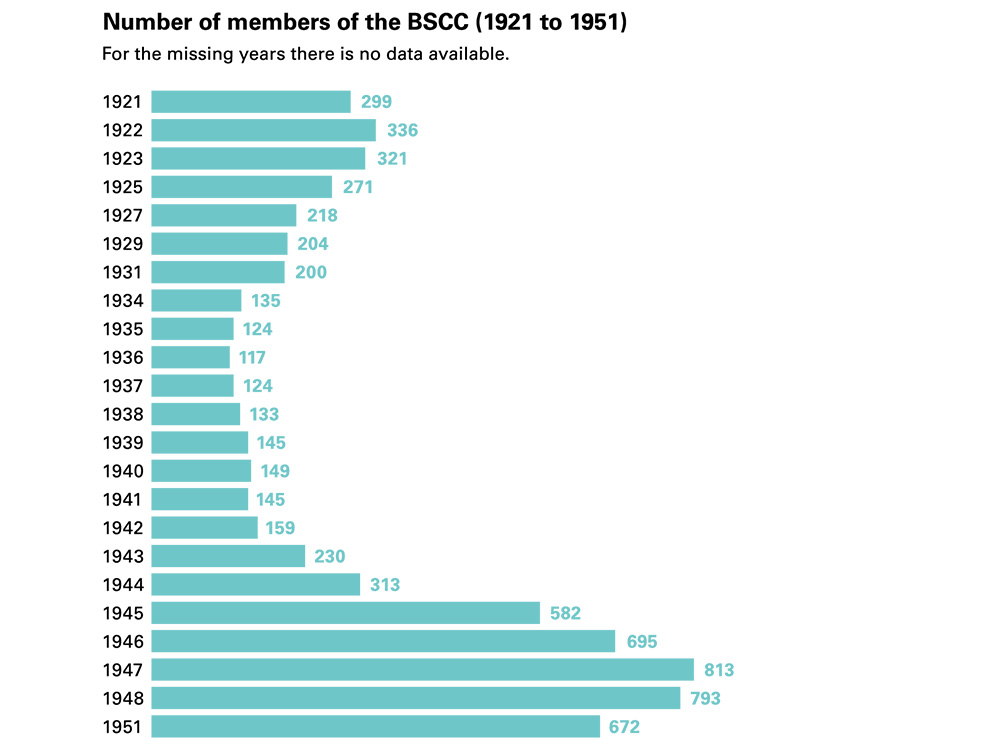 Research
ResearchHidden network.
Text: Noëmi Kern / Unlike in the natural sciences, much of the data in the humanities is only available in analog formats. Digital humanities is changing this and in doing so, opening up new fields of study.
-
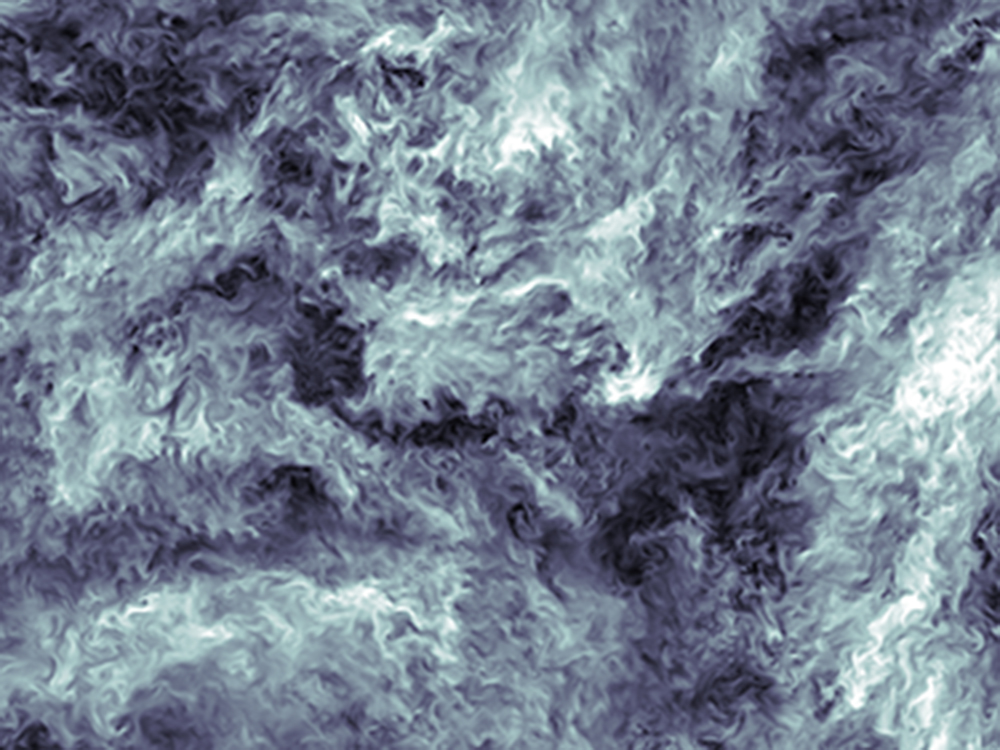 Research
ResearchThe night sky in a supercomputer.
Text: Jana Winkler / Looking into space is the same as looking into the universe’s past. Researchers aim to decode some of its biggest mysteries – using the world’s most advanced radio observatory.
-
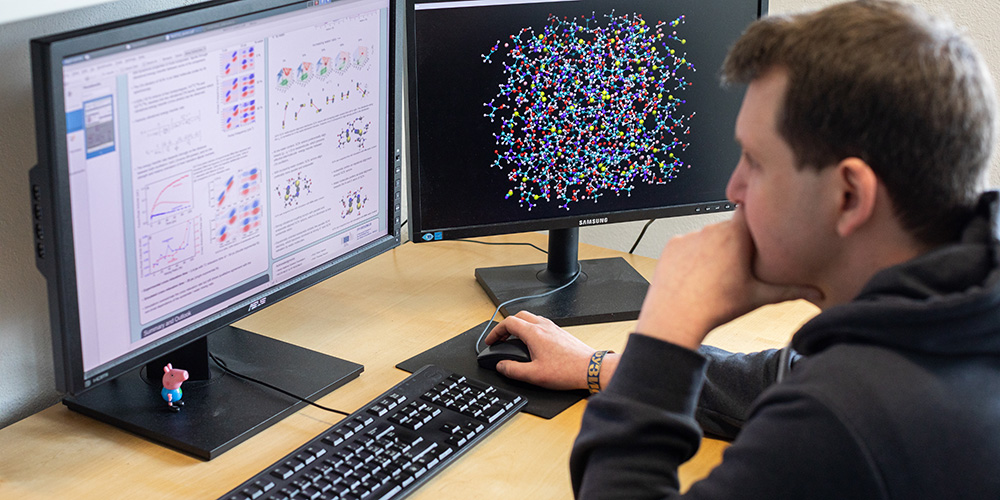 Research
ResearchSustainable solvents — do they exist?
Text: Santina Russo / Many of the solvents used in industry are toxic and require elaborate disposal procedures. Researchers from Basel, Bern and Zurich are laying the groundwork for replacing these harmful liquids with safe new substances.
-
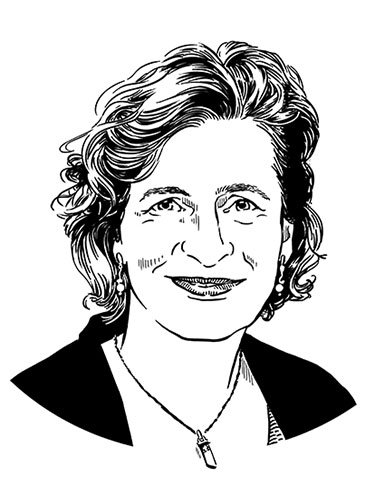 Opinion
OpinionWhat should we do to fight plastic pollution, Patricia Holm?
Text: Patricia Holm / Plastic waste is a global problem. An environmental scientist and an expert in international law on the actions that can be taken by private individuals and by policymakers.
-
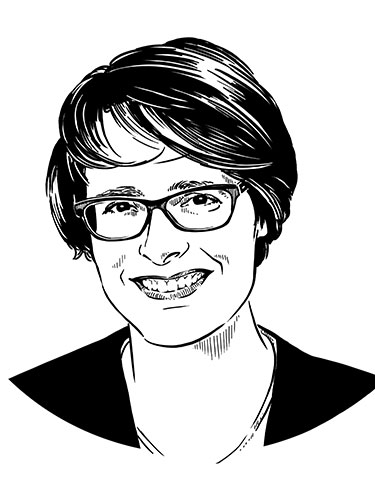 Opinion
OpinionWhat should we do to fight plastic pollution, Anna Petrig?
Text: Anna Petrig / Plastic waste is a global problem. An environmental scientist and an expert in international law on the actions that can be taken by private individuals and by policymakers.

